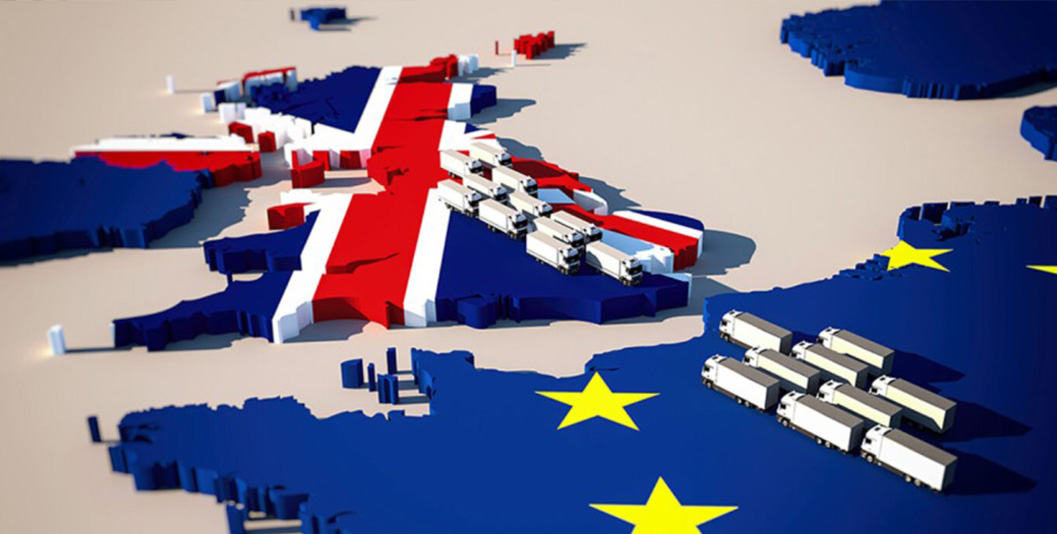
The United Kingdom’s departure from the European Union, often referred to as Brexit, has had profound implications for businesses engaged in cross-border transactions between the UK and the EU. Among the numerous aspects to consider, Value Added Tax (VAT) is a central element that requires careful management. In this in-depth guide, we will explore the intricacies of managing VAT in cross-border trade post-Brexit, offering detailed insights into the challenges faced by businesses and providing comprehensive solutions to address these challenges effectively.
The UK’s exit from the EU reshaped the landscape of VAT in cross-border transactions. Prior to Brexit, the UK was a member of the EU’s Single Market, which facilitated frictionless trade with minimal customs and VAT formalities. However, post-Brexit, the UK transitioned to a third-country status in VAT matters. This transition brought forth significant changes and complexities for businesses involved in cross-border trade between the UK and the EU.
In the case of businesses exporting goods from the UK to the EU, VAT is no longer levied at the point of export. However, customs duties and import VAT come into play upon entry into the EU. This means that the recipient of the goods in the EU is responsible for paying the import VAT, which must be declared and paid at the point of entry into the EU.
Conversely, when goods are imported into the UK from the EU, they become subject to import VAT and customs duties. To facilitate trade and cash flow, businesses can make use of the postponed VAT accounting (PVA) system, which allows them to declare and recover import VAT in their VAT returns.
Effectively managing VAT in cross-border transactions between the UK and the EU presents several challenges, which businesses need to navigate carefully. These challenges encompass the following areas:
To effectively manage cross-border VAT in the post-Brexit era, businesses can consider several practical solutions:
The management of cross-border transactions between the UK and the European Union post-Brexit requires a comprehensive understanding of the VAT implications for exports and imports. While challenges exist, businesses can adapt and succeed in this evolving landscape by exploring VAT registration options, utilising postponed VAT accounting, and implementing robust VAT recovery procedures. Ensuring compliance with tax and customs regulations is essential to prevent delays, penalties, and additional costs. By carefully planning and staying informed about the dynamic regulatory environment, businesses can navigate the post-Brexit era successfully, fostering continued growth in cross-border trade between the UK and the EU.
The VAT Consultancy is highly experienced and provides relevant and practical advice to help you deal with the VAT and customs duty issues your organisation faces. We provide global VAT and customs duty advice and VAT compliance services. To discuss how we can help contact us today.